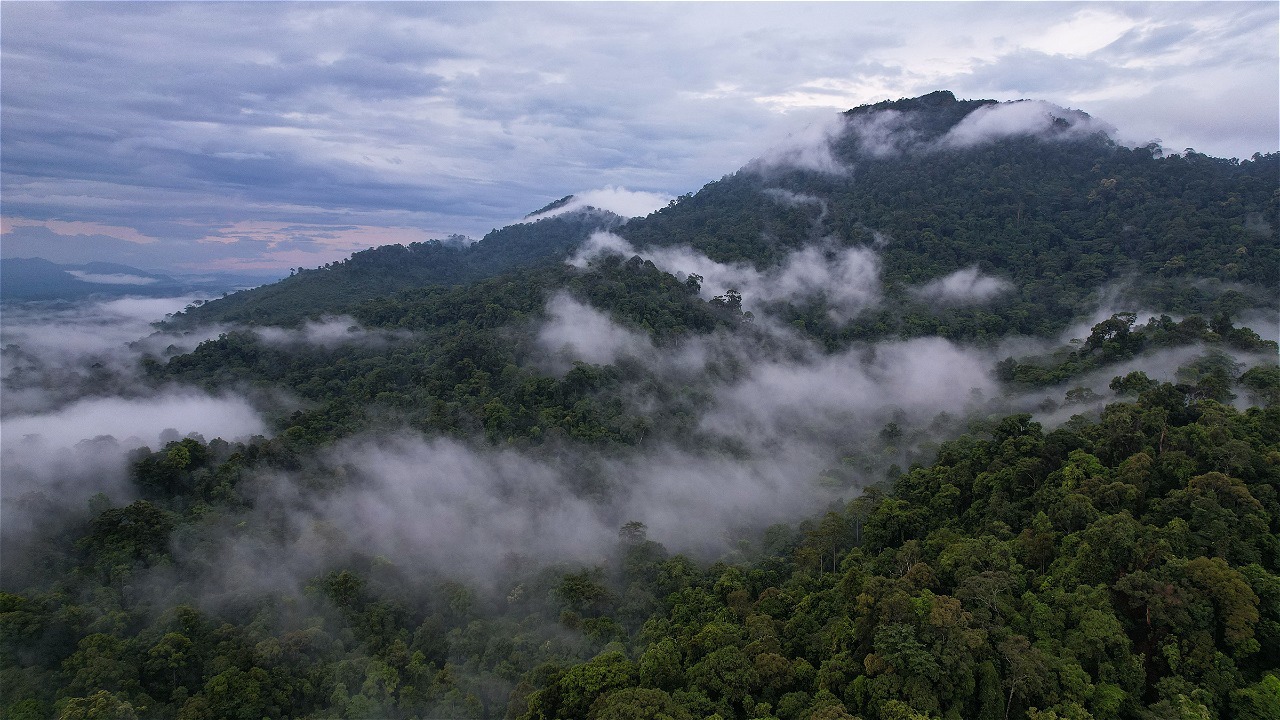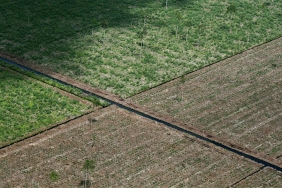WWF-INDONESIA’S ROLE IN SUPPORTING THE LEGISLATIVE PROCESS
By: Fathi Hanif and Masayu Yulien Vinanda
Jakarta (09/04)-At the early session of Republic of Indonesia House of Representatives 2010 period WWF-Indonesia, in a collaboration with Indonesian Center for Environmental Law (ICEL), organized a national discussion titled “Observing National Legislation Agenda regarding Natural Rseources Management, Conservartion, and Climate Change,” Thursday (08/04) in Ambhara Hotel, Jakarta.
This event gave an opportunity for relevant stakeholders to share information regarding policies trend of development programs and legislative process formulating natural resources management, conservation, and climate change policies as well as give insight to the public.
WWF-Indonesia Presidium Prof. DR. Hadi Alikodra opened the discussion. The speakers were Basyah Hernowo (Director of Water Resources Management-National Development Planning Agency), Milton Pakpahan (member of House of Representatives’s Commission VII) and Jasmin Ragil (Head of Harmonization of Laws, State Ministry of Environment). While WWF-Indonesia Director of Governance, Corporate Engagement, and Community Empowerment (GCCE) Nazir Foead and Siswono Yudohusodo (member of House of Representatives’s Commission IV who is in charge for Forestry and Marine Affairs) were featured as panelists.
“The government has arranged development programs regarding legislation in the National Development Plan (RPJM) 2010-2014 (Presidential Regulation Number 5 th 2010). Some of them have been directly linked to natural resources, while some others have not. Most regulate natural resources while few of them regulate the environment itself,” Basyah said. On the other session, Milton highlighted the importance of harmonization and synchronization of laws during the five years period conducted by the government and The House of Representatives, for instance Law No. 4/2009 on Minerals and Coal Mining (Minerba) and Law No. 32/2009 on the Protection and Environmental Management (PPLH).
As a legal instrument established last year, the new Law on the Protection and Environmental Management is expected to become guidance for relevant stakeholders implementing environmentally friendly practices. “Investment and development will not be inhibited by this law,” Ragil said.
WWF and other environmental NGOs are expected to be more active in the legislative process in both governmental institution and the House of Representatives. Therefore trends in development policies will meet development needs and biodiversity protection in Indonesia.





